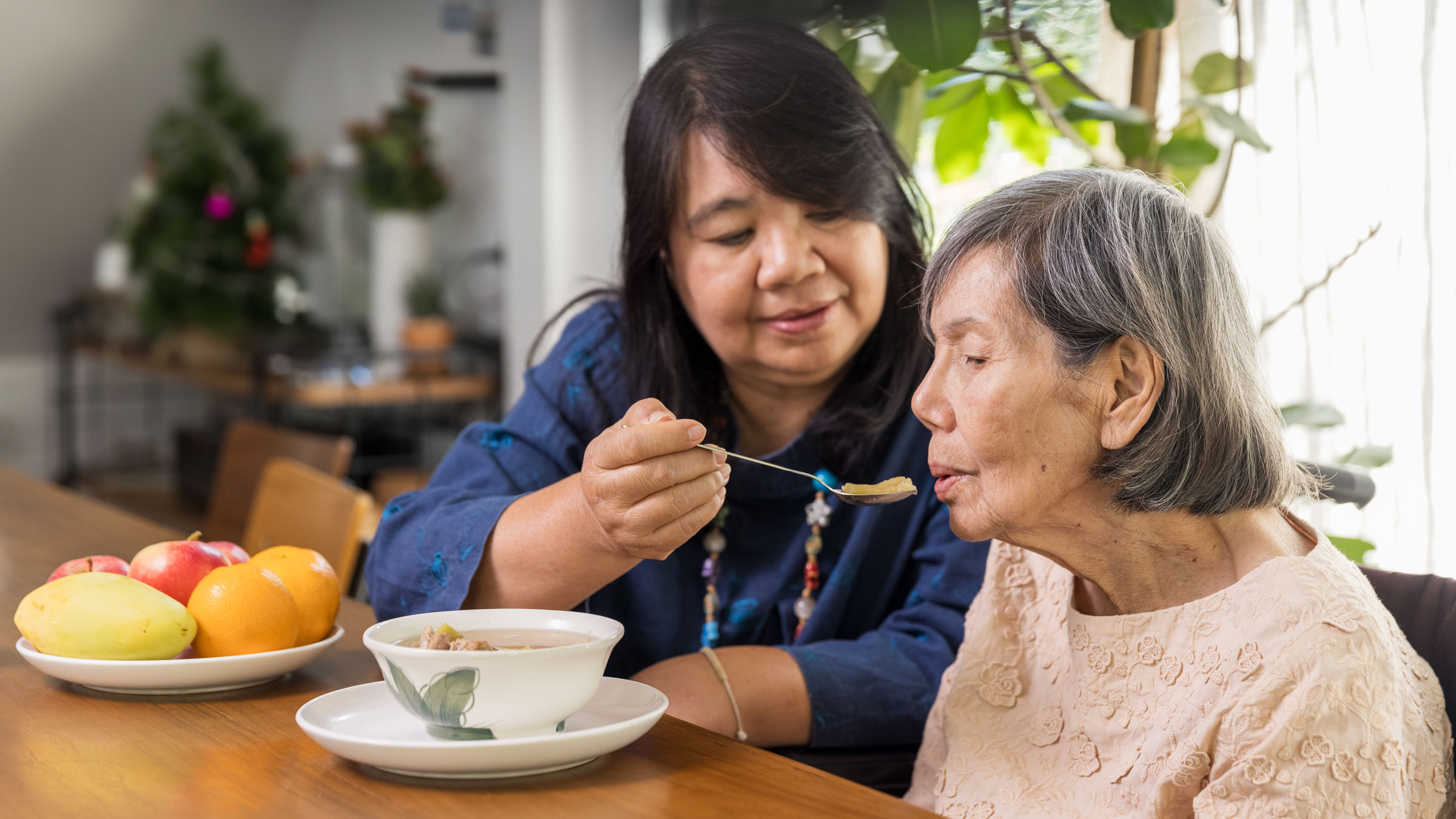I’m not a caregiver, I’ll put it upfront.
At least not for now.
But as a writer well-versed in various topics, I’ve done my fair share of research about the elderly, and one of the main topics that popped up in my mind was dignity.
Oxford Languages defined “dignity” as:
The state or quality of being worthy of honor or respect.
As our parents age and require more care, some of us end up transitioning to primary caregiver roles. If you’ve yet to, have you thought about the issue of dignity? How can we take care of our elderly parents without robbing them of their dignity?
Respectful communication
Folks who’ve been following my articles here on Money Digest for quite a while now, you would have realized that I talk about communication a lot.
Words have meaning and I believe that everything can be solved if people are just willing to communicate (and change, of course).
And so when it comes to maintaining the dignity of your parents, I think it’s crucial not to talk down to them, as if they are kids. Yes, their actions might have turned kiddish, but it’s not like they have chosen to.
And wherever possible, involve your parents in the decision-making process. This will preserve their sense of autonomy, knowing that they have some form of control over what happens in their lives.
Personal boundaries at home

Image Credits: goodrx.com
Primary caregivers usually live with their parents and being 24/7 around them can be quite a pain.
We’re human beings and it’s normal to be stressed out by the responsibilities on our shoulders, more so if we have to juggle between work, dating/marriage, and family.
But just as you require your personal space at times, your elderly parents do too. Yes, I know you may be worried that they might fall while doing things on their own, hurting themselves and causing more “trouble” for you, but this is one thing you should compromise on when it comes to dignity.
And you should also respect their possessions. I’m not talking about hogging here. Hogging stuff is an entirely different issue and can cause hazards so that’s a no-no. I’m referring to their sentimental possessions—maybe old photos, keepsakes, or other valuable items. Always ask before you take. If you have to go through their belongings.
The privacy side of things
I like to put it this way: Do things that you would like others to do to you.
Maybe mom or dad requires some help with daily living, for example, showering. Even if you are their flesh and blood, it’s still hard to be naked in front of one’s adult children.
They are likely to feel embarrassed or uncomfortable with needing help from the children they once could care for. So if need be, leave it to other healthcare providers or see if you can meet halfway with the help of some bathroom remodeling, bath tools, and technology.
Consider nursing/old folks home or care options
Maybe some of you out there think is unfilial to send your parents to a nursing/old folks home.
But I beg to differ.
If your budget allows and you want a better parent-child relationship in the long run (lesser fights), there’s nothing wrong with such an arrangement.
In fact, your parents might enjoy their time there, having activities to look forward to and friends of similar ages to jiak kopi with. Most importantly, the professionals there probably know more than you do.
Or if not, you can consider care options like Homage.
View this post on Instagram
With various services available, including home care and nursing, you can pay as you go (prices start from $25/hour) or buy a prepaid package (from $220/10 hours).
Full pricing here: homage.sg/pricing
We are all at different life stages and I can’t say for sure that I’m 100% confident in maintaining the dignity of my parents while caring for them in their later years. But one thing is for sure: I would want my future kids/humans to respect me if I am unable to care for myself one day. So put yourself in your parent’s shoes and treat them the way you want to be treated.



